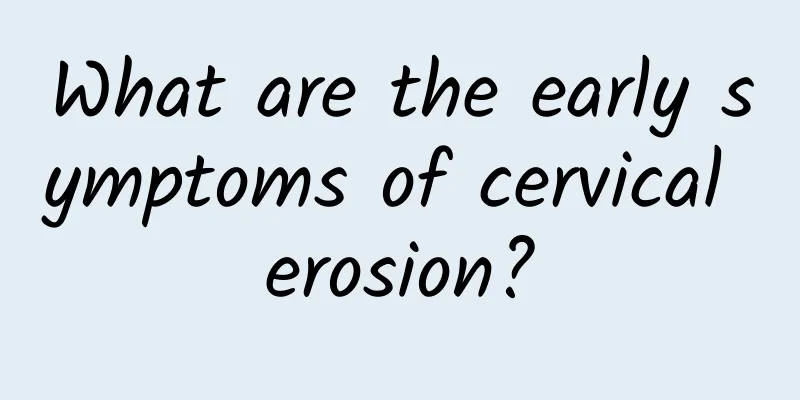What medicine is good for endometritis and pelvic inflammatory disease

|
Antibiotics such as metronidazole, levofloxacin and doxycycline can be used to treat endometritis and pelvic inflammatory disease. These drugs can effectively inhibit infection. Endometritis and pelvic inflammatory disease are mostly caused by bacterial infections. Common pathogens include mycoplasma, chlamydia and anaerobic bacteria. Metronidazole is mainly used to treat anaerobic infections, levofloxacin is effective against both gram-negative and gram-positive bacteria, and doxycycline is suitable for mycoplasma and chlamydia infections. When using antibiotics, you must follow the doctor's instructions and avoid stopping the medication or changing the dosage on your own to avoid drug resistance or recurrence of the disease. 1. Metronidazole is the first choice drug for the treatment of anaerobic infections and is commonly used in the treatment of pelvic inflammatory disease and endometritis. It can effectively kill anaerobic bacteria and relieve inflammatory symptoms. Avoid drinking alcohol during medication to avoid adverse reactions such as nausea and vomiting. 2. Levofloxacin is a broad-spectrum antibiotic that has inhibitory effects on a variety of Gram-negative and Gram-positive bacteria. It is suitable for the treatment of complicated pelvic inflammatory disease and can quickly relieve pain and inflammation. Long-term use may lead to drug resistance, so the course of treatment needs to be strictly controlled. 3. Doxycycline is effective against mycoplasma and chlamydia infections and is often used to treat chronic or recurrent endometritis. During medication, you should pay attention to sun protection to avoid direct sunlight that may cause skin allergies. Drug treatment is the main means of treating endometritis and pelvic inflammatory disease, but prevention and auxiliary care are equally important. Maintaining good personal hygiene habits, avoiding unclean sexual behavior, and regular gynecological examinations are the key to preventing infection. If pelvic inflammatory disease and endometritis are not treated in time, they may lead to serious consequences such as infertility or chronic pelvic pain. Regular follow-up and adjustment of treatment plans can help improve the cure rate and reduce the risk of recurrence. |
<<: What are the symptoms of uterine fibroids?
>>: What are the causes of threatened miscarriage?
Recommend
Traditional Chinese medicine helped her get rid of cervicitis
40-year-old sister Wang is a very enthusiastic pe...
Differences between acute pelvic inflammatory disease and chronic pelvic inflammatory disease
Pelvic inflammatory disease is divided into acute...
Does it hurt to have an abortion at three months of pregnancy?
The three months of pregnancy can only be cancell...
How to tell if you have uterine fibroids
To determine whether you have uterine fibroids, y...
What kind of exercise can help you recover after abortion?
What kind of exercise can help with recovery afte...
Several vitamins that should be supplemented after abortion
After an abortion, the patient's body is weak...
What is the cause of cervical warts
Cervical warts are a common sexually transmitted ...
How to treat abnormal leucorrhea yourself
Abnormal vaginal discharge can be treated by adju...
Do I need to take long-term medication for cervical precancerous lesions?
Cervical precancerous lesions are a disease that ...
During the Spring Festival, you may be stuck in traffic and hold your urine. Be careful of bacteria "going upstream"! Doctor: If these three types of people hold their urine, there may be serious consequences
During the Chinese New Year holiday, traffic jams...
Want to be even thinner? Too much weight can easily lead to osteoporosis
Girls who only want to lose weight should be care...
What are the dangers of ovarian cysts?
What are the dangers of ovarian cysts? Ovarian cy...
Where is the pain in adnexitis?
The pain of adnexitis is mainly located in the lo...
Will pelvic inflammatory disease be cured by hanging water for 5 days?
Will pelvic inflammatory disease be cured by hang...
The causes of endometrial tuberculosis should be understood
Endometrial tuberculosis can cause infertility in...









